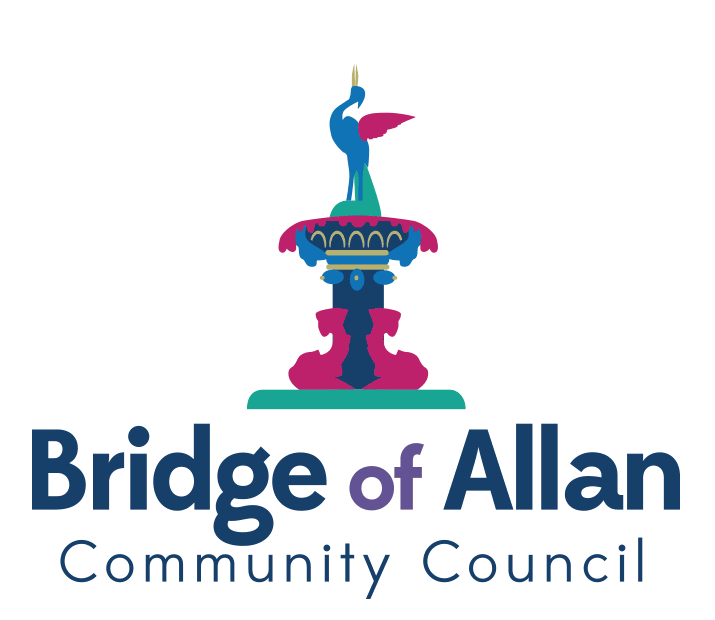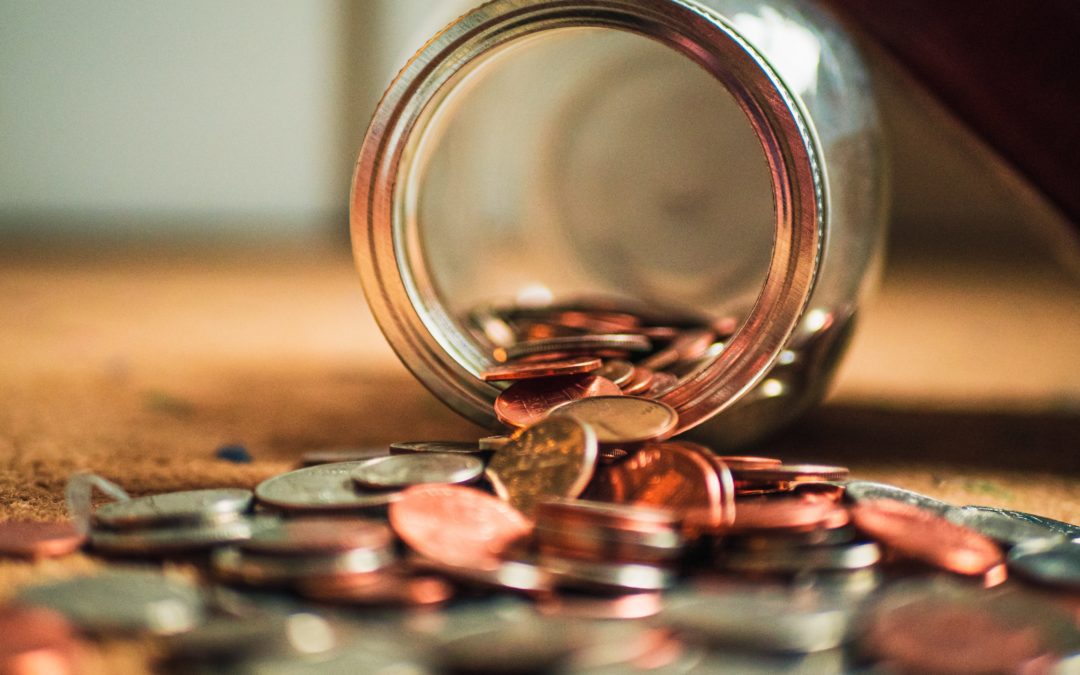A relatively quite period this month in our police report, however scams remain on the increase and are getting more and more sophisticated.
Forth Valley Police highlighted a couple on their facebook page over the last week that take advantage of people wanting to help those in Ukraine or selling items online. Read to the end to find how you can report scams if you see one.
Ukraine related scams
Advice Direct Scotland, which runs the country’s national consumer advice service highlighted a range of ways fraudsters might seek to target those trying to offer support.
These include donation scams, where attempts are made to lure people in with fake elaborate stories alongside requests for money. The charity warned people to be wary of anyone requesting financial assistance for the burial of a loved one, or from people claiming to be “defending freedom”.
It also urged Scots to be cautious if they receive a request from someone claiming to be stuck in Ukraine or who says they need help with repatriation or travel costs.
Advice Direct Scotland said scammers may also use this opportunity to set up ‘spoof’ websites that look like those of official registered charities and fundraising sites like GoFundMe.
It said anyone who is unsure about a fundraising page, or the charitable efforts of an individual, should consider donating to organisations already providing support in Ukraine like the British Red Cross, the Disasters Emergency Committee (DEC) appeal, or another registered charity.
Advice Direct Scotland said people should avoid clicking on links in emails or text messages, and avoid pressing any buttons requested by unsolicited callers on the phone, and refrain from transferring money to people they do not know.
If someone has been scammed out of a large sum of money, they should contact Police Scotland on the non-emergency number 101 or dial 999 if they feel threatened or at immediate risk.
Online selling
Please be aware when selling high value electronic items online.
– Genuine sellers are contacted by scam ‘buyers’ looking to purchase an item. Often a high value mobile phone.
– The ‘buyer’ and seller meet at a location to exchange the goods.
– The ‘buyer’ shows the seller a FAKE image of a payment notice on their phone which fraudulently confirms payment. This could be from a site such as PayPal.
– No money has actually been transferred and the seller has become a victim of fraud
Check you have received payment using your own device prior to handing items over and do not be pressured into giving items without receiving the money.
Report scams
Learn more about how to avoid becoming a victim of fraud and scams with the Take Five campaign.
Make others aware of scams by reporting them via the Which Scam Sharer Tool, or the Scottish Scam Watch
Call 101 to report fraud or 999 in an emergency.


